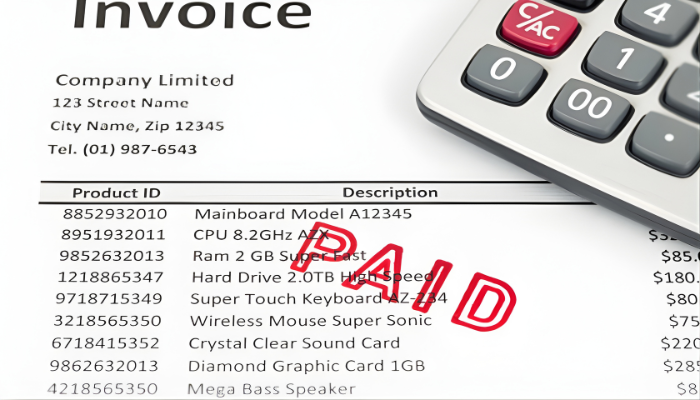
Factoring looks like a good option for your company. You need to get a few quotes from various factors to see what the market price is, what sorts of terms you can expect, and what obligations are involved. You need to get more than one quote to ensure you are getting the right deal. But, how many quotes should you get?
The Simple Answer
Most factoring experts advise getting at least three quotes. You want to make sure that the first quote you got is not from the most expensive factor serving your industry. Three quotes will give you a general idea of the fees and terms available in the market.
What if those three quotes are all over the place? Good practice is getting a few more quotes. That will give you a solid read on where the market lies. However, don't get more than five or six quotes. Any more may put you into choice overload, making it difficult to make a decision.
You may be tempted to go with the quote that has the lowest fees. But, that can be a mistake. You want to ensure that the factor you choose is the right fit.
The More Complex Answer
You need to compare everything involved with the quotes. It will give you peace of mind that you are making the right choice for your company.
- Is the offer indicative or a credit backed offer? An indicative offer is not a firm offer. It is an estimate provided by the factor based on the information you gave. Until the factoring company does a pre-lend survey and submits the files to the underwriters, the offer is not going to be firm. You may find the actual terms offered after the pre-lend survey, known as a credit backed offer, are drastically different from those offered at first.
- What services come with each quote? The exact services offered can vary from one factor to another. One factor may only offer financing for invoices. Another may offer full credit and A/R management, in addition to the invoice financing. The fees for the first will generally be lower than the second, but you get more out of the deal. That is why it's important to know what you are getting for the quoted fees.
- Are there any hidden fees in the fine print of the offer? When presented with a factoring quote, many do not look beyond the headline rates. Those are the rates prominently displayed and discussed. What is often not discussed and may be hidden in the fine print are the hidden fees that can dramatically change how much you pay for factoring. Look for details on set-up fees, service fees, discounting fees, bank transfer fees, and audit fees, among others.
- How long does the contract run and what kind of notice do you need to provide? Factoring contracts can range anywhere from a month to three years. Most contracts involve at least one month notice if you decide to cancel. Longer agreements may involve six months notice. You need to understand the agreement before signing, because it is usually quite difficult and expensive to get out of a factoring agreement.
Even though comparing factoring quotes may not be the most interesting task on your to-do list, it is one of the most important. You are entrusting your A/R ledger to a third-party company, in exchange for advanced funding of open invoices. You don't want to pay too much or get locked in with a factor that is not a good fit for your company or your industry. The time you spend comparing quotes is one part of getting the best fit possible.

















